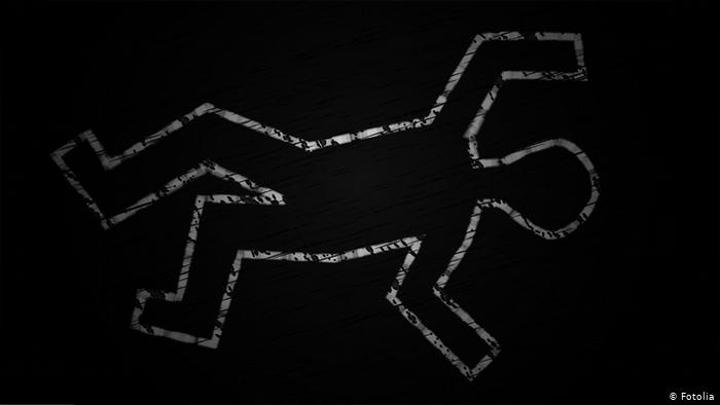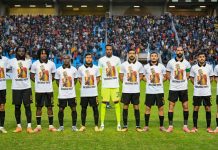Africa-Press – Mozambique. The president of the Association of Rwandan Refugees in Mozambique told Lusa on Tuesday that he fears that “the worst has happened” to journalist Ntamuhanga Cassien, who disappeared in Maputo over a month ago.
Cleophas Habiyareme, president of the Association of Rwandan Refugees in Mozambique
“We still don’t have clear information about what happened to Ntamuhanga Cassien,” Cleophas Habiyareme told Lusa on Tuesday (29 June). “As time passes, we start to lose hope, fearing that the worst has happened.”
The 37-year-old Rwandan journalist was taken “by eight individuals who introduced themselves as agents of the Police of the Republic of Mozambique (PRM)”, a group which included another Rwandan citizen “who spoke the same local dialect as the target” , according to Habiyareme.
Case at the Public Prosecutor’s Office
The Mozambican authorities have distanced themselves from any possible arrest of the journalist, though the Ministry of Foreign Affairs and Cooperation said on June 10 that the case was under investigation.
Habiyareme was called by the Criminal Investigation Service [SERNIC] almost two weeks ago, but the meeting did not reveal anything new.
“They basically told us what we already knew. There was nothing new, we still don’t know where he is,” says Habiyareme, who also took the case to the Office of the Attorney General of the Republic of Mozambique.
Prison break
Ntamuhanga Cassien was a journalist and director of the Christian radio station Amazing Grace in Kigali, the Rwandan capital. More recently, he lived and worked as a merchant on Inhaca Island, Maputo.
He escaped from prison in Rwanda in 2017, after being sentenced in 2015 to 25 years in prison for conspiracy against the state, complicity in terrorism and murder- a sentence contested by human rights organisations at the time.
He claimed to be a victim of political persecution, like other critics of President Paul Kagame’s regime.
Kagame, angel and devil
Cassien’s disappearance has resurrected the ghosts of past persecution among the Rwandan community in Mozambique, a country with nearly 4,000 Rwandan residents, a considerable part of whom are refugees.
Leader of Rwanda since 1994, Kagame is credited with developing the country after the Tutsi genocide that year, but the head of state is also accused of limiting freedom of expression and repressing opposition.
The restriction of freedoms has been denounced and condemned by organisations such as Reporters Without Borders and the European Union.
The genocide in Rwanda claimed the lives of more than 800,000 people, mainly from the Tutsi minority, between April and July 1994.






